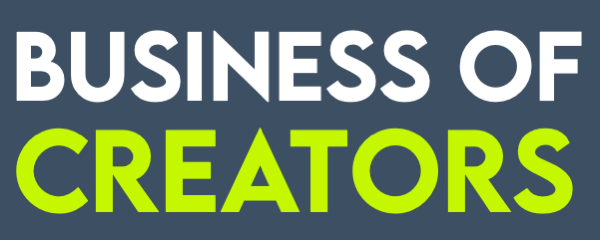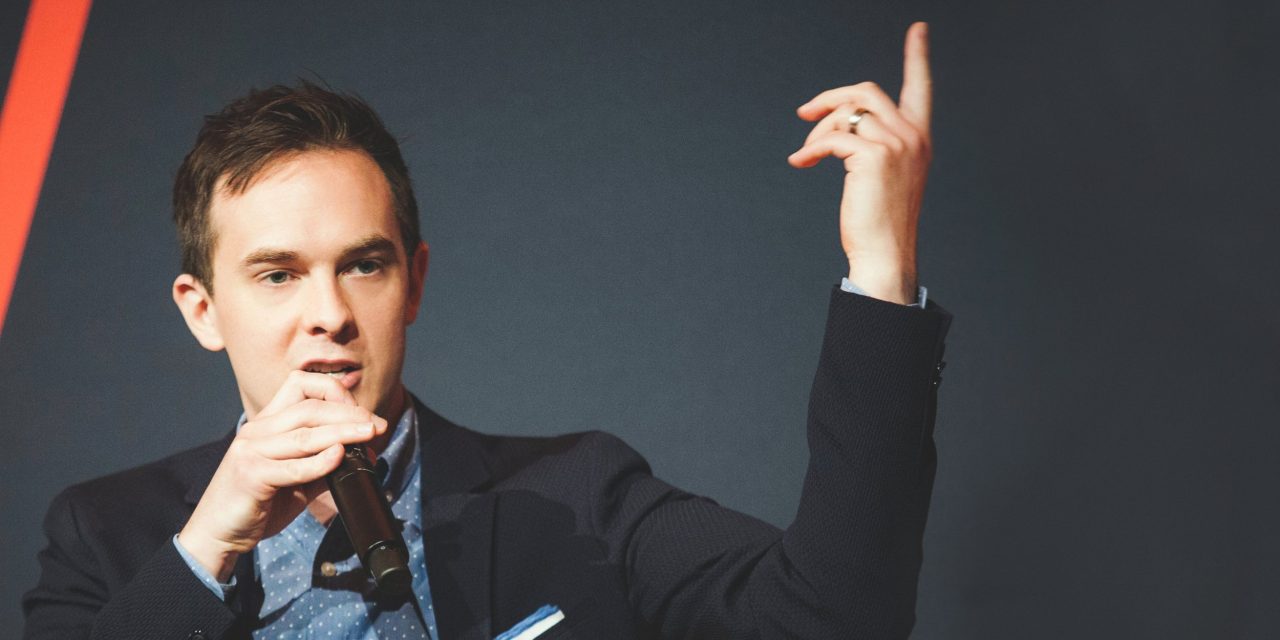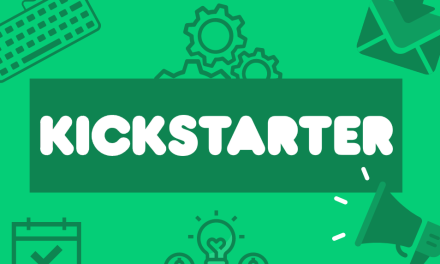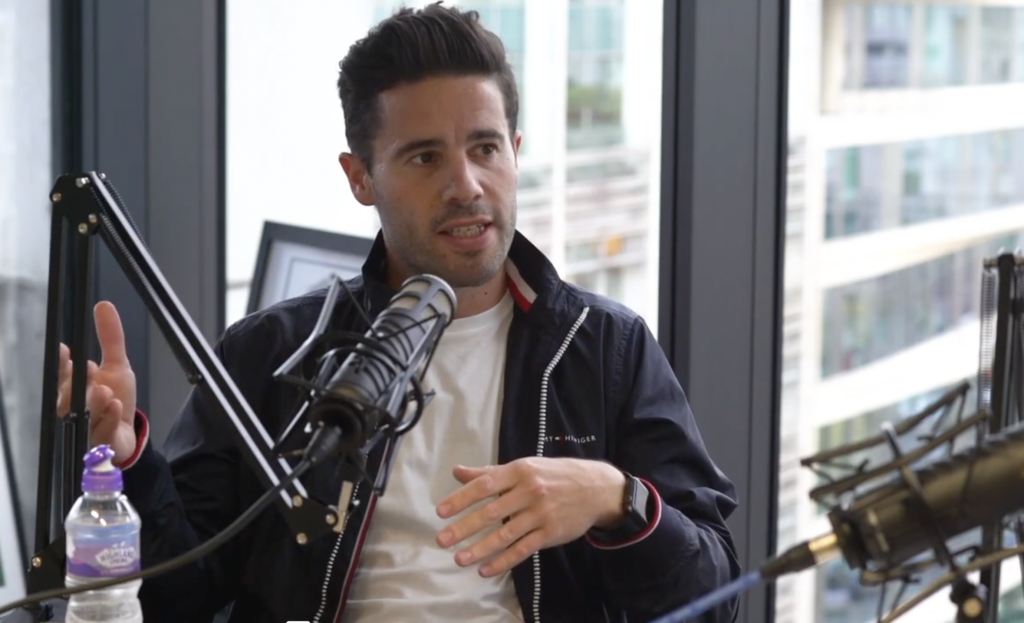Learn how experts—not just influencers—can scale and monetize their knowledge into six and seven-figure businesses.
Introduction: Kyle Scott’s Mission to Empower Experts
Kyle Scott is the GM of High Growth Creators at Thinkific, a platform helping experts turn their knowledge into scalable digital products. With a background as an NBC news producer and co-founder of a $10M+ course business with Ryan Serhant, Kyle has lived the transformation from content creator to expert entrepreneur.
In this episode, Kyle breaks down the shift from influencer-led monetization to the rise of the “Expert Economy”—a movement where subject matter pros build real businesses around their knowledge.
Top Takeaways for Creators
- Social media should be lead generation, not the business.
- Experts > Influencers: Build your business on expertise, not entertainment.
- Your product isn’t the course—it’s the transformation.
- Confidence is the #1 roadblock stopping experts from launching.
- Use a “High-Medium-Low” pricing strategy to drive conversion.
- Lifetime Value (LTV) to Customer Acquisition Cost (CAC) ratio is key—aim for 3:1.
- AI is your co-pilot: Use it to get started faster.
What You Can Learn from Kyle Scott
🧠 The Rise of the Expert Economy
Kyle identifies four macro trends fueling this shift:
- Death of the Gatekeeper – No need for traditional media to validate you.
- AI as an Amplifier – Expertise can’t be faked, and AI makes real experts stand out.
- Mainstream Personal Branding – Self-promotion is now a necessity.
- Ease of Digital Monetization – Tech platforms make it plug-and-play.
🎯 Experts vs. Influencers
- Influencers monetize their audience directly through brand deals and ad revenue.
- Experts monetize their knowledge through products and services—using social for attention, not income.
💡 Great Example: The Spine Surgeon on Instagram
A Harvard-trained spine surgeon built a booming private practice through Instagram content. He’s not an influencer—he’s using content to drive qualified leads for high-ticket services.
How to Apply These Lessons to Your Own Creator Business
🛠 Kyle’s Transformation Framework
Use this fill-in-the-blank sentence:
“My [product/course/service] helps [ideal customer] do [specific result] so they can [emotional outcome], because [why that outcome matters].”
Example for a real estate course:
“My course helps agents earn more commissions so they can live the life they’ve always wanted—because everyone deserves to reach their full potential.”
💸 Pricing Strategy: Use the “High-Medium-Low” Model
- High: $1,000+ 1:1 coaching (even if no one buys, it signals value)
- Medium: $250–$500 course or membership
- Low: $49–$79 downloads, templates, or eBooks
This gives customers price anchors and increases perceived value.
📈 Track the Right Metrics
- LTV (Lifetime Value): Total revenue you earn from a customer.
- CAC (Customer Acquisition Cost): What you spend to acquire them.
- Golden ratio: LTV should be at least 3x CAC.
🔥 When to Use Paid Ads
- Don’t need ads if your goal is lifestyle income.
- Do use ads if you’re scaling fast or have investor pressure.
- Only run ads if your LTV:CAC ratio is healthy.
✋ Avoid These Common Mistakes
- Lack of confidence (“Who would buy from me?”)
- Remember: To a kindergartener, the fifth grader is king.
- Ignoring the business side
- You’re not just a teacher—you’re a business owner. That means marketing, sales, and systems matter.
Kyle Scott’s Creator Playbook
✅ Define your niche and transformation
✅ Use social for lead gen, not monetization
✅ Structure pricing in tiers (H/M/L)
✅ Think in terms of business metrics (LTV, CAC)
✅ Use AI to streamline course and page creation
✅ Don’t wait—launch, then iterate
✅ Focus on outcomes, not content volume
✅ Consider platforms: LinkedIn for B2B, Instagram/TikTok for B2C
✅ Build a value ladder for upsells (e.g., course → coaching)
More Resources
- Thinkific
- Kyle on Instagram: @kylescottoriginal
- Kyle on LinkedIn: Kyle William Scott
- Tool mentioned: Kick.co – AI-powered bookkeeping
- Use AI tools like ChatGPT or Claude to generate V1 content drafts






